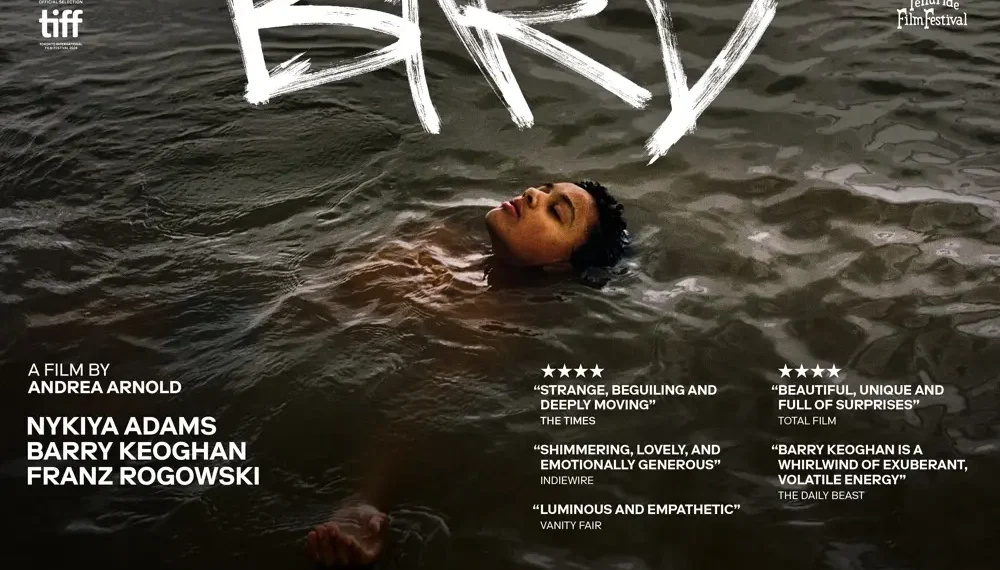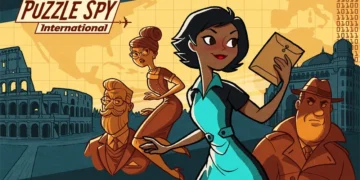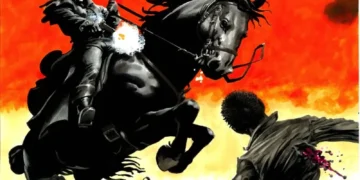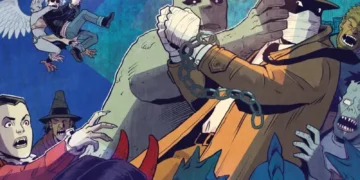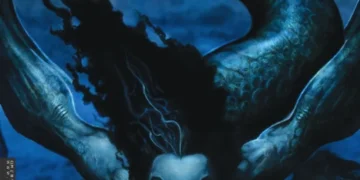Reviewed on May 17th at the 2024 Cannes Film Festival – Competition. 119Mins
Cast: Barry Keoghan, Franz Rogowski, Nykiya Adams, Jason Buda
Genre: Drama
Director: Andrea Arnold
In Irish Cinemas: 8th November 2024
Eight years have passed since Andrea Arnold, the acclaimed writer and director known for her raw storytelling, last brought us a narrative feature film. With Bird, Arnold returns to the screen, reminding us of her remarkable ability to depict people’s lives on society’s fringes with gritty authenticity. True to form, Bird explores the struggles of impoverished outsiders, this time focusing on a family trying to navigate complex and often chaotic circumstances.
At the story’s heart is Bailey, a bright and curious 12-year-old girl, played with impressive nuance by newcomer Nykiya Adams. Bailey is caught in the turbulence of her father’s impulsive decisions. Her father, Bug—brought to life by a lively Barry Keoghan—is preparing to marry a woman (played by Frankie Box) he has known for only three months. Alongside this whirlwind romance, he’s chasing a quick profit by attempting to sell a rare toad, a scheme that underscores his desperation for a financial break.
Bailey, Bug, and Bailey’s older brother Hunter are squatters living in an abandoned apartment complex covered in graffiti. Their trashed, decaying surroundings amplify their instability, reflecting the obstacles they face and the resilience they must summon each day. Through Bailey’s perspective, Bird navigates themes of family, neglect, and survival, painting a moving portrait of those living on the edge and demonstrating why Arnold’s work resonates deeply.
Bailey frequently finds herself at odds with her father, especially when he insists on traditional choices like the dress he wants her to wear for an upcoming wedding. Bailey’s strong-willed nature, paired with her tomboyish style—a side of her that her father either overlooks or chooses to ignore—often leads to tension at home. This friction creates a chaotic household environment, frequently leaving Bailey to her own devices.
In these moments of freedom, Bailey roams around her northern Kent hometown, a setting that feels raw and authentic, likely influenced by filmmaker Andrea Arnold’s own experiences growing up in the area. Here, Bailey embarks on her mini-adventures, navigating a town that can be both thrilling and dangerous. She sometimes visits her mother, played by Jasmine Jobson, who is entangled in a toxic relationship with an abusive boyfriend. Despite her struggles, Bailey is responsible for protecting her younger siblings, stepping into a role far beyond her years. She occasionally seeks support from her friend Hunter and his girlfriend but broadly faces her challenges independently, trying to find her place amid the instability surrounding her.
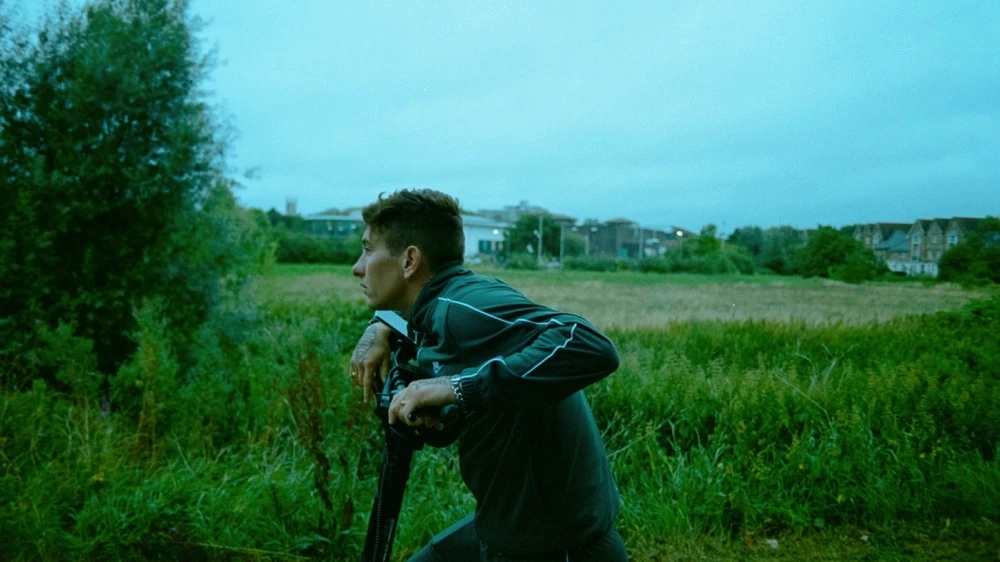
Bailey is often joined by a mysterious figure known only as Bird—a compelling former town resident portrayed by Franz Rogowski, who brings a mix of whimsy, understated politeness, and a haunting sense of personal damage to the role. Bird has returned to the town with a singular purpose: reconnecting with his estranged father. As Bailey and Bird navigate the town’s secrets, the various subplots and encounters they experience gradually reveal clues about Bird’s family and his past.
Bailey and Bird’s connection grows more profound as they uncover shared struggles and hidden wounds, providing them with a sense of purpose. This journey through the town and into Bird’s history becomes more than just a search for his family; it also serves as an escape for Bailey, who finds himself increasingly drawn away from his unresolved issues back home.
Bird delves far more profoundly than the surface story of a struggling family and imperfect parenting. Although Bug, the father, initially seems abrasive and even harsh in his interactions with his daughter, the character reveals complexities that run in tandem with the unfolding stories of others in the film. A layered portrayal of generational challenges emerges, revealing a cycle of parents still figuring out life themselves and, while filled with love, may lack the tools to nurture their children entirely.
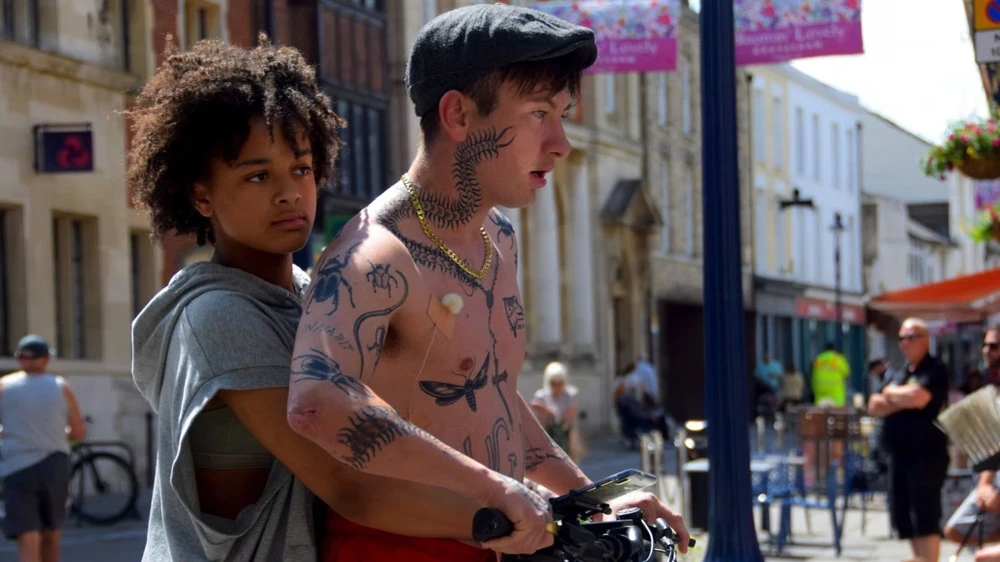
The early reveal of Barry Keoghan as the father of a 12-year-old adds to this complexity. Keoghan, who is 32 but often appears younger than his age, gives a portrayal that underscores the dissonance of someone too young in spirit and experience to have such a significant responsibility. This casting choice amplifies the film’s themes, making the character’s youth feel almost surreal and emphasising the weight of responsibilities that often feel misplaced on the shoulders of those barely prepared to carry them.
Arnold’s direction brings a striking sensitivity to the narrative, mainly through carefully chosen, poignant music that accentuates emotionally charged scenes without overstepping into sentimentality. Rather than condemning her characters or framing their lives as purely tragic, Arnold captures their circumstances’ rawness and unresolved contradictions. In the hands of another filmmaker, these decisions might be presented as missteps, and the family unit is irreparably damaged. However, Arnold chooses instead to explore the messiness of these lives with unflinching honesty and empathy, presenting a world where love coexists with flawed choices and where every character is given space to be fully human, no matter how complicated their situation may be.
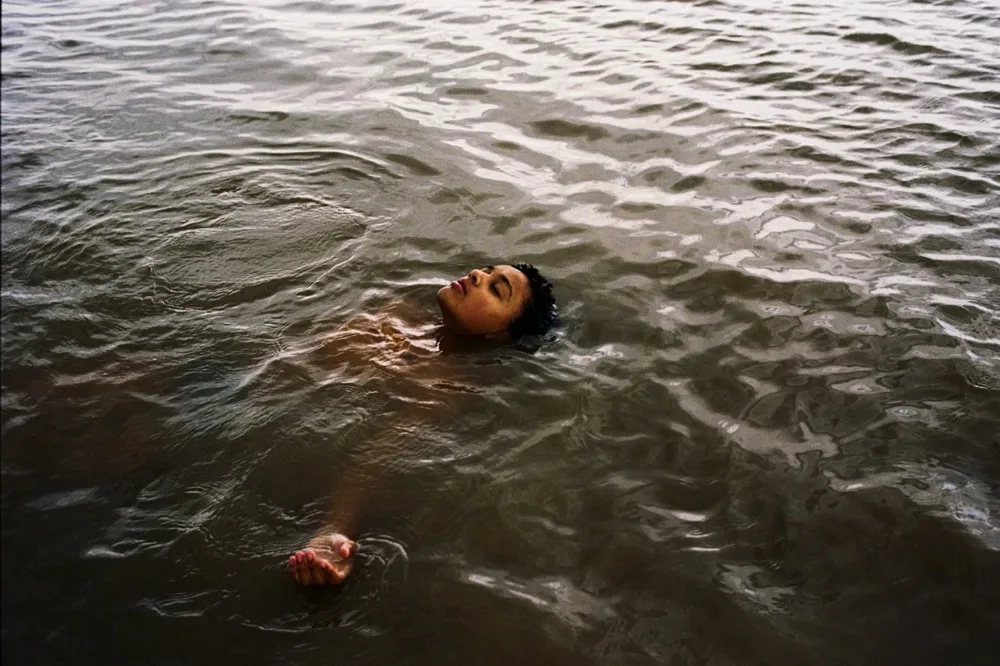
Bailey’s life is marked by a profound sense of trauma and abuse, much of it stemming from deeply unsettling behaviour by her mother’s current boyfriend. However, as the story unfolds, we discover that Bird has faced her struggles and hardships. The two characters find solace in each other, gradually building a bond rooted in mutual care and understanding. One of the most heartwarming aspects of their relationship is how they consistently look out for one another, offering a sense of emotional security that is both tender and moving.
Director Andrea Arnold skillfully uses this connection to introduce moments of magical realism, adding an ethereal quality to the narrative. Though these elements are somewhat ambiguous and, at times, feel tenuous in execution, they are undeniably striking, leaving a lasting impression that enhances the story’s emotional depth. The plot takes time to unfold fully, and the narrative threads don’t come together immediately. But when they do, the result is a beautifully realised, profoundly emotional portrayal of lower-class life—one that is both respectful and heart-wrenching, ultimately offering a tear-jerking, complete portrait of the characters’ world.
Overall: 6/10

